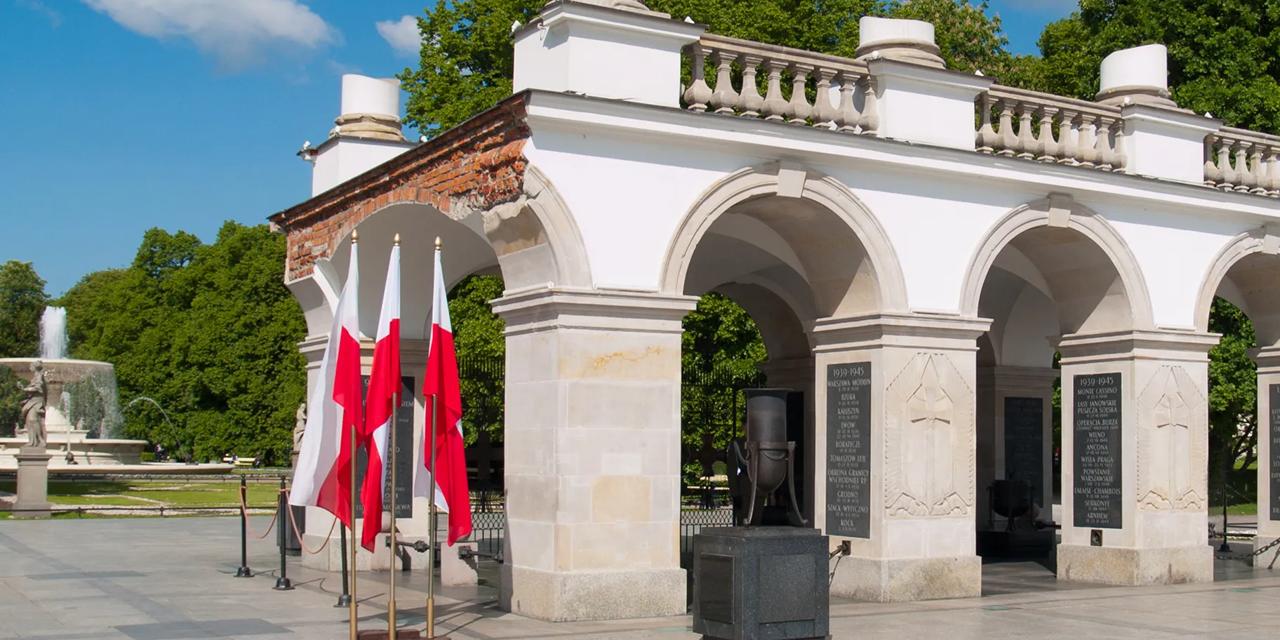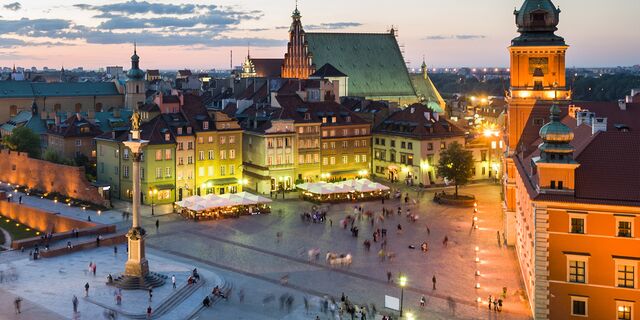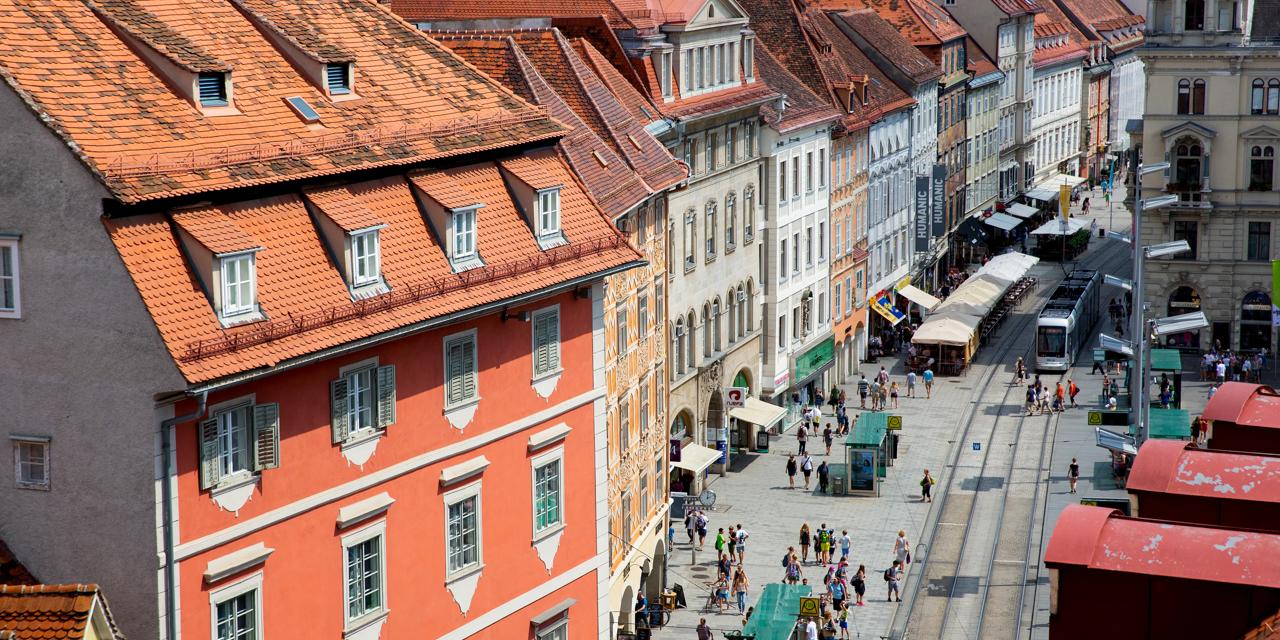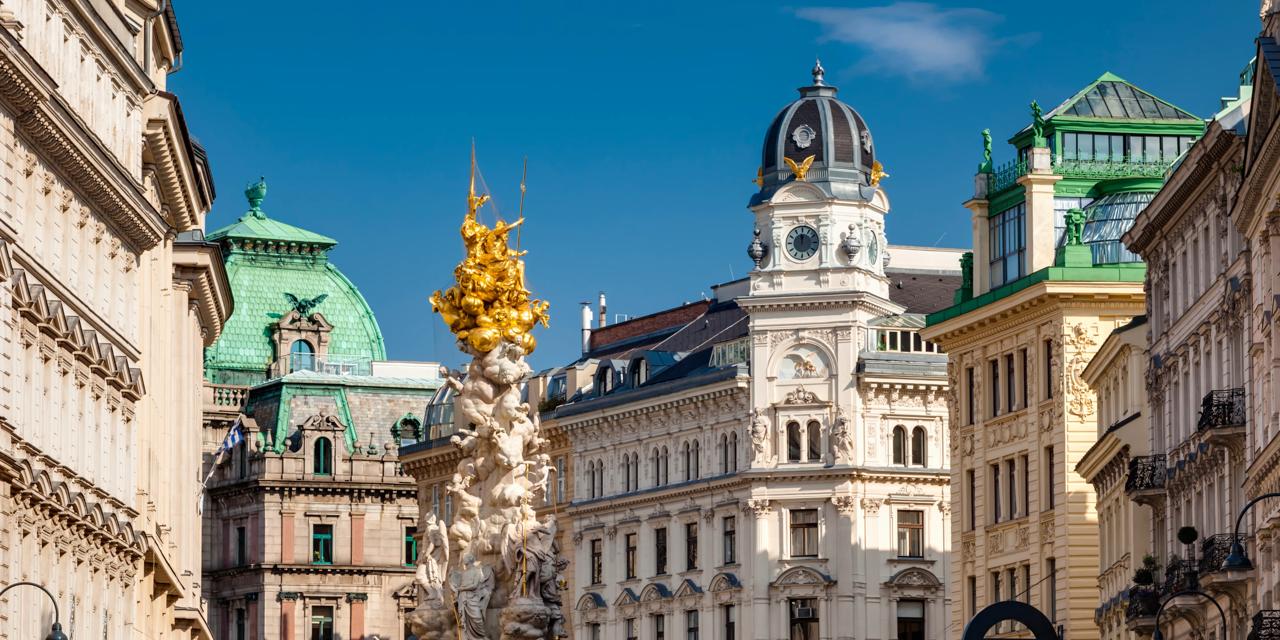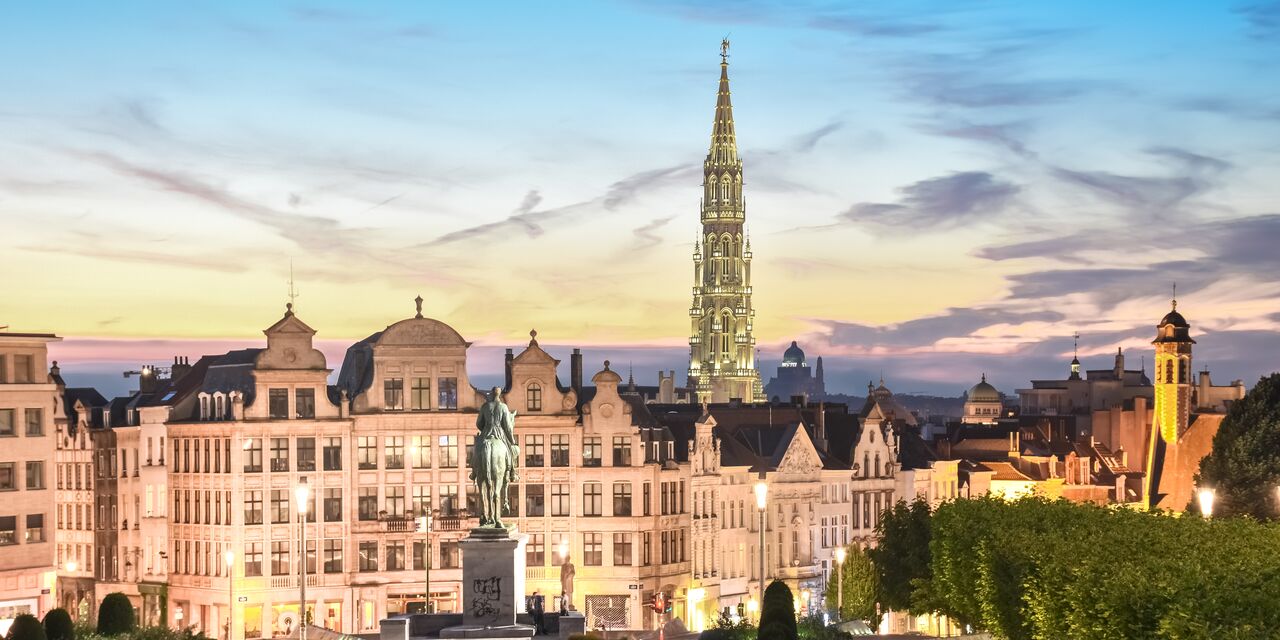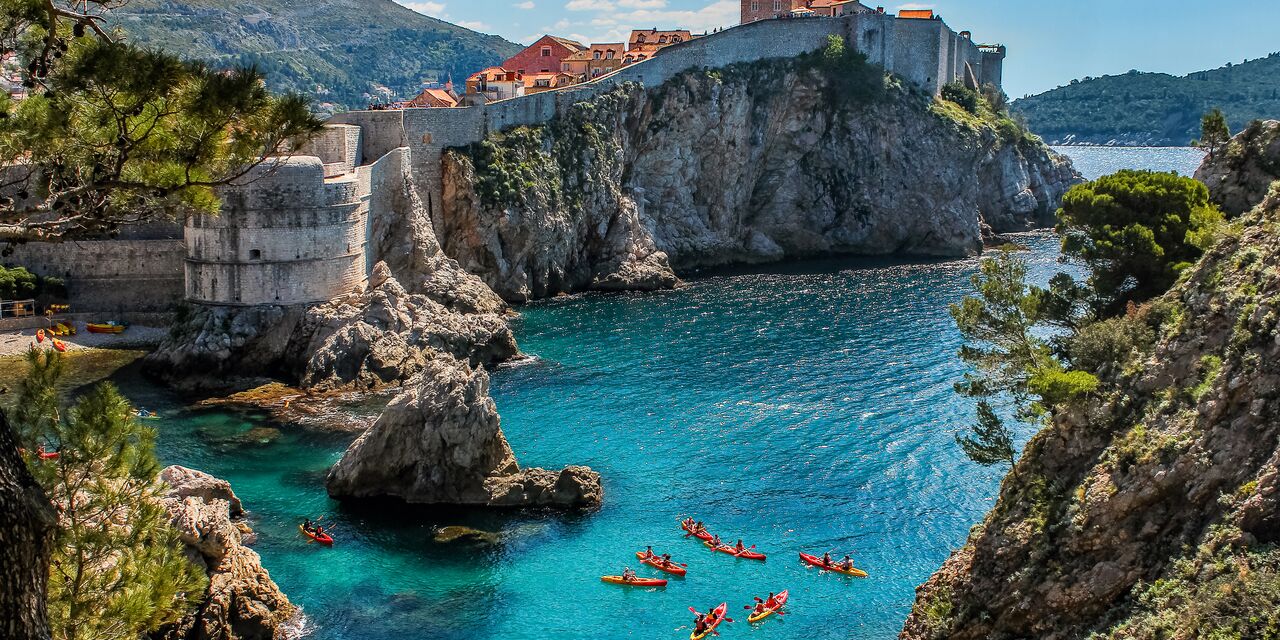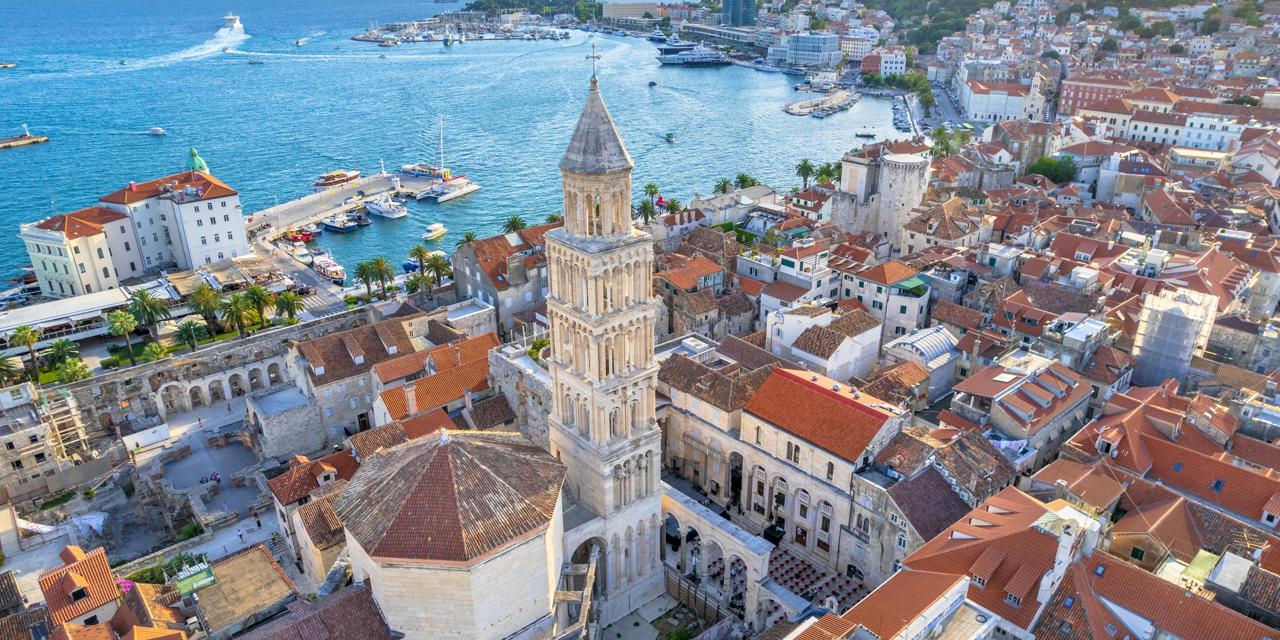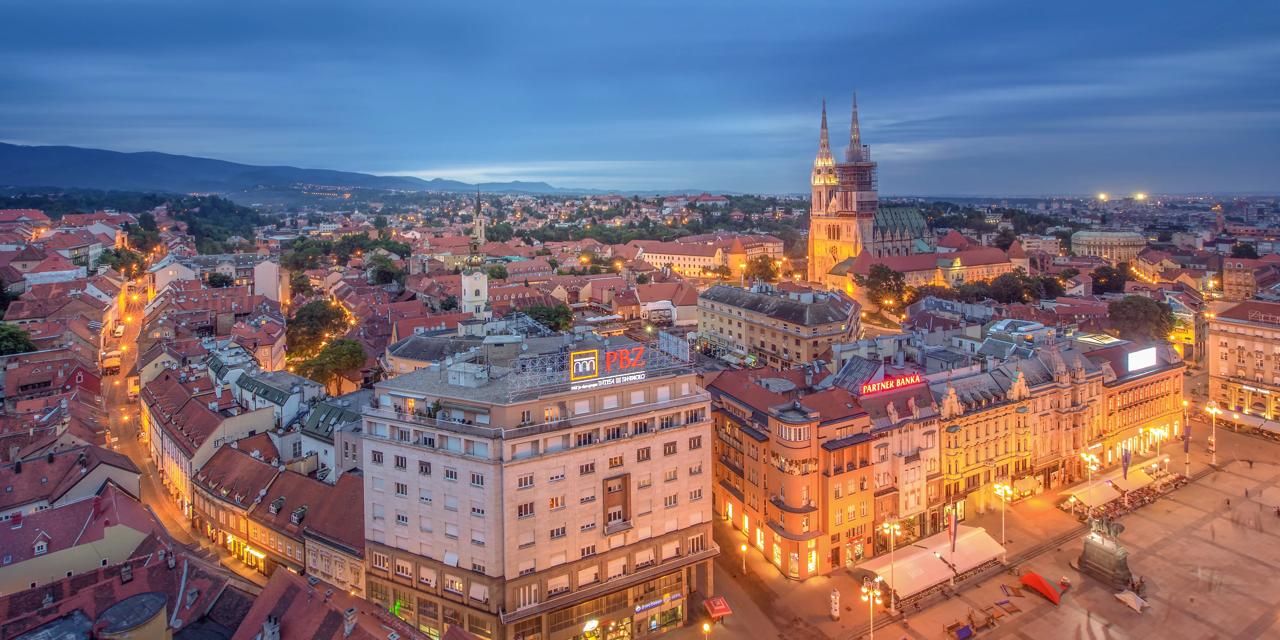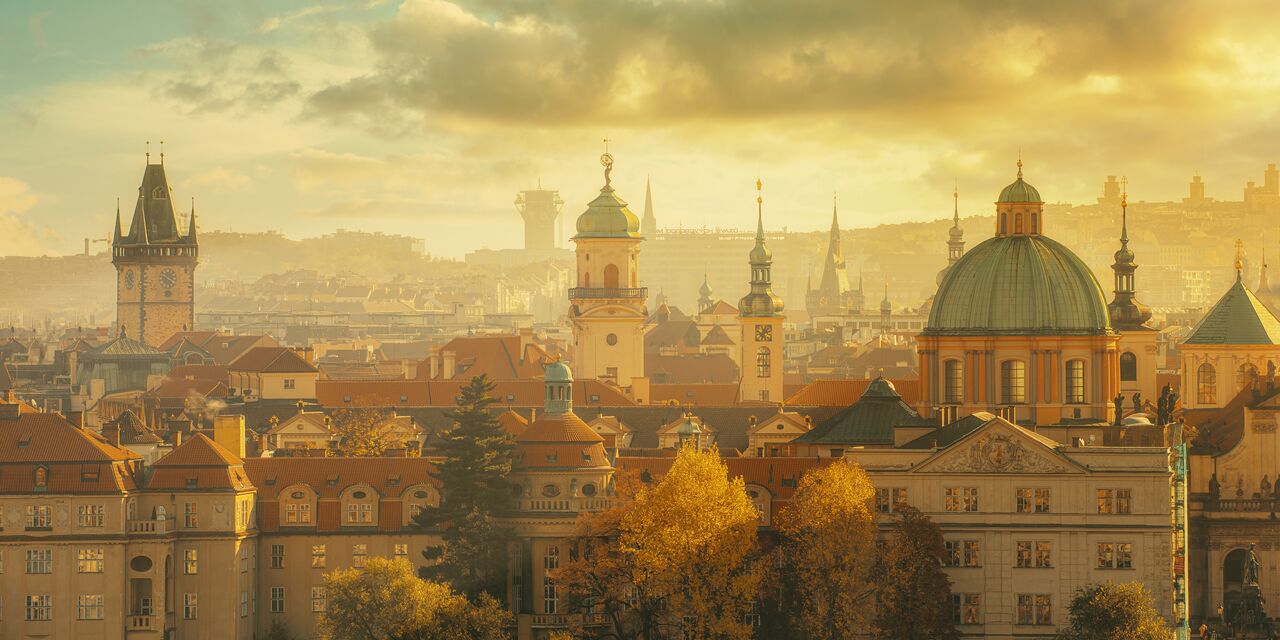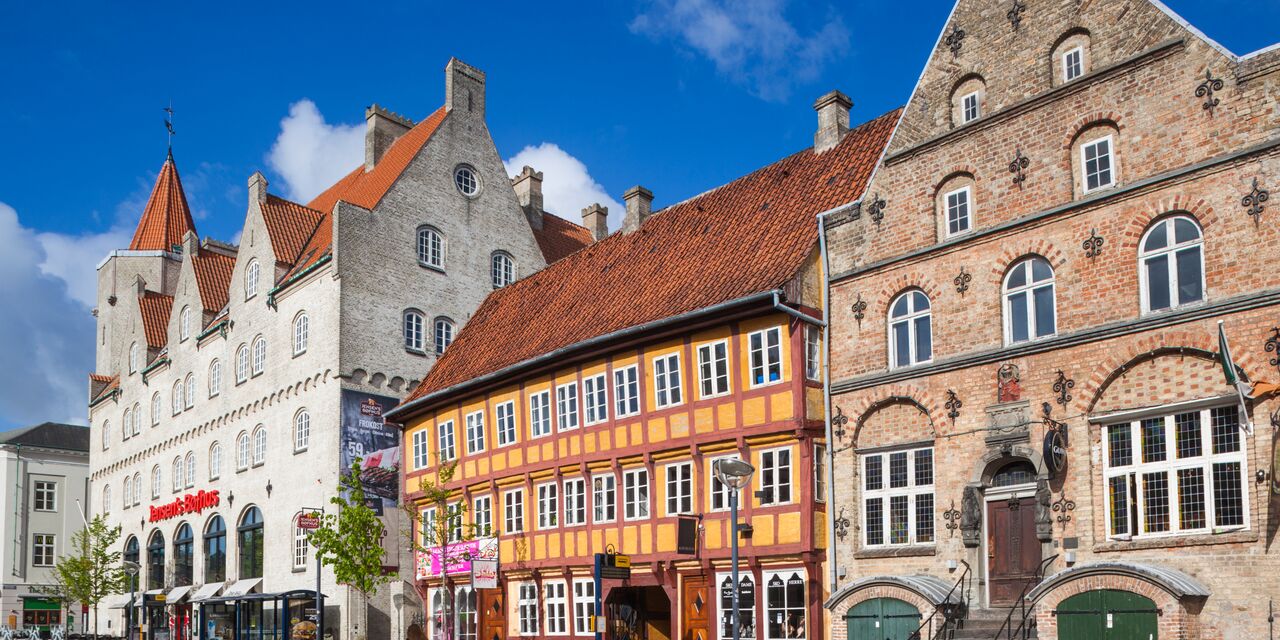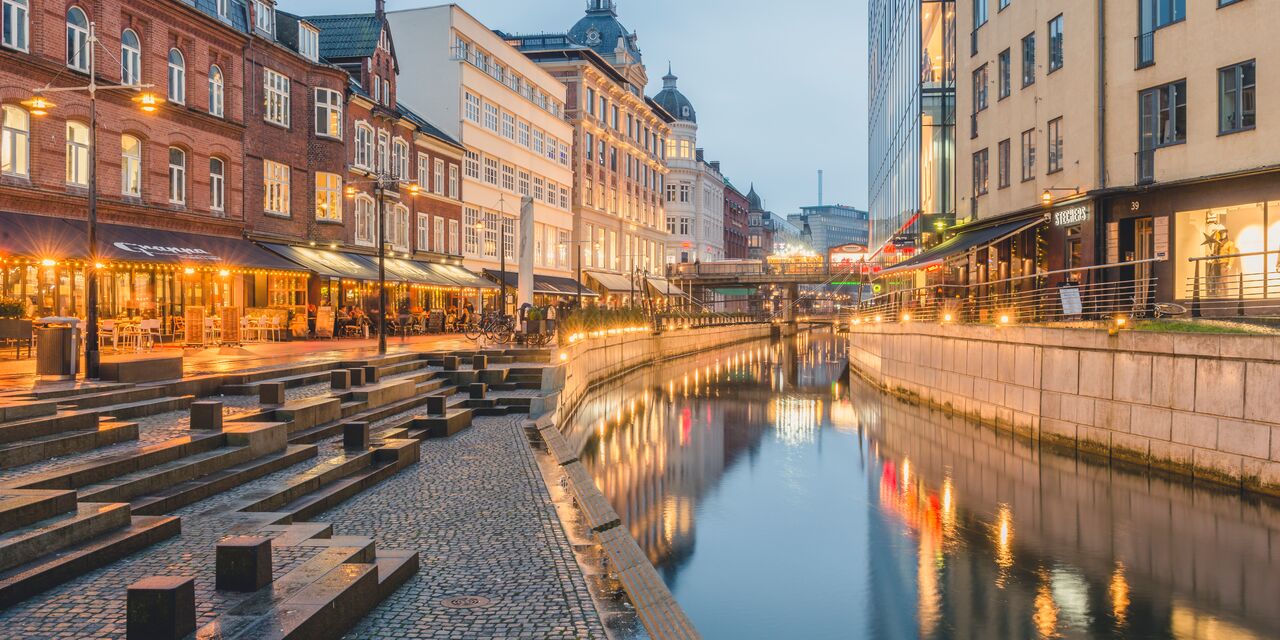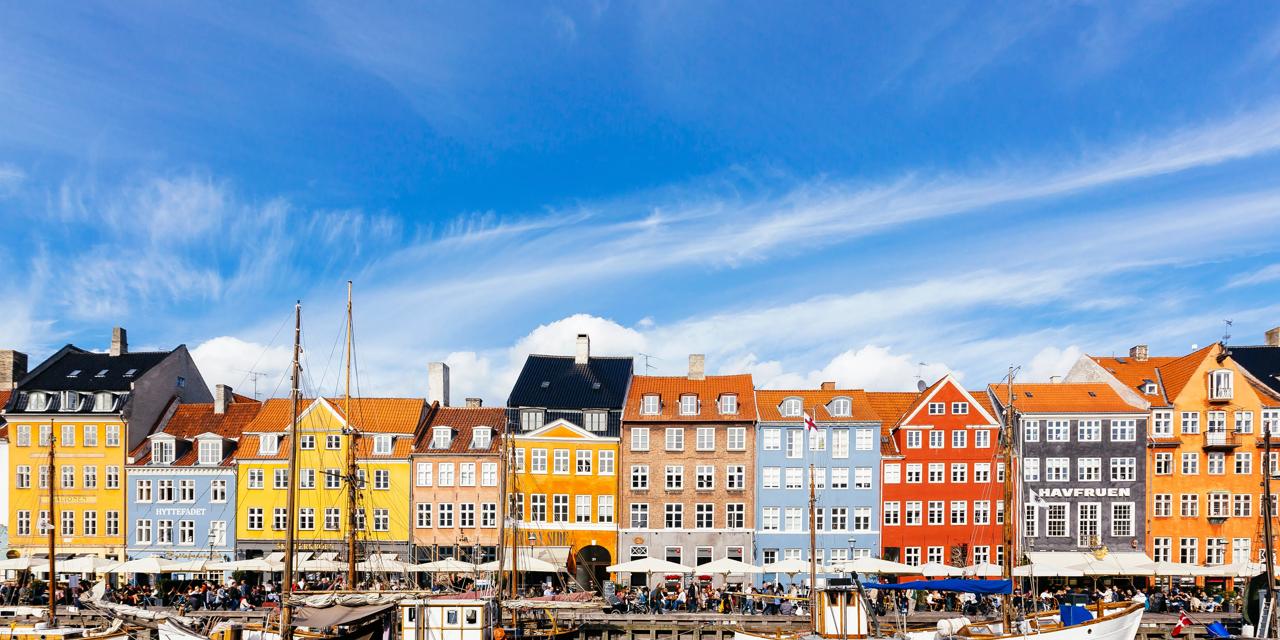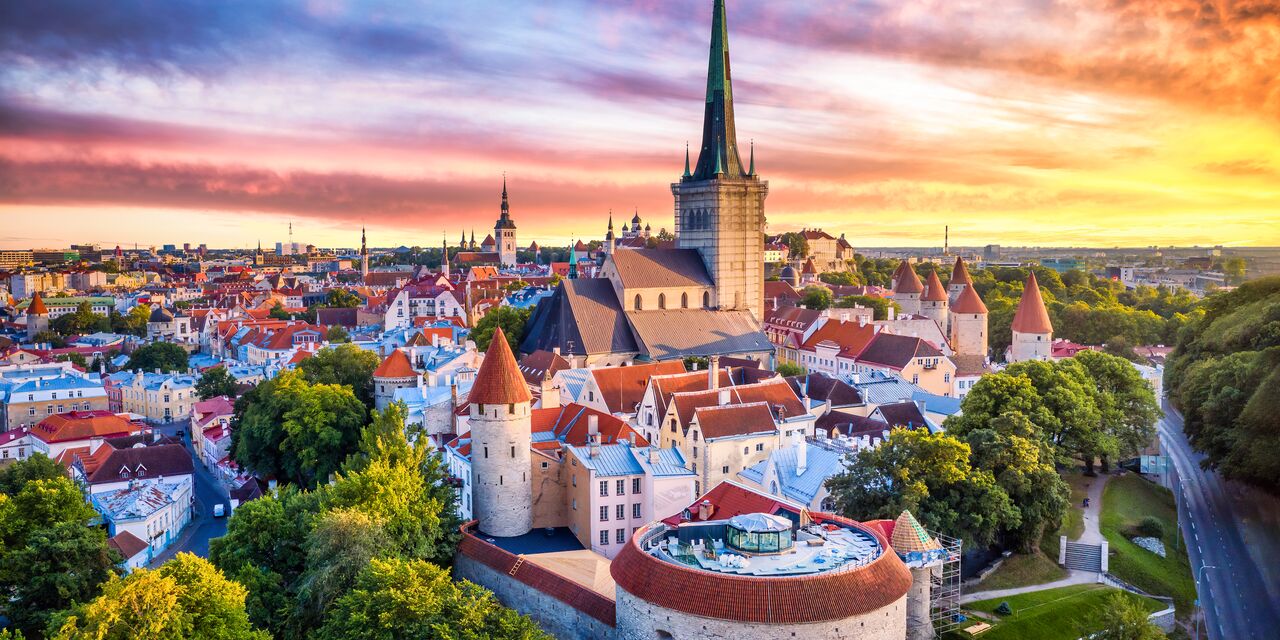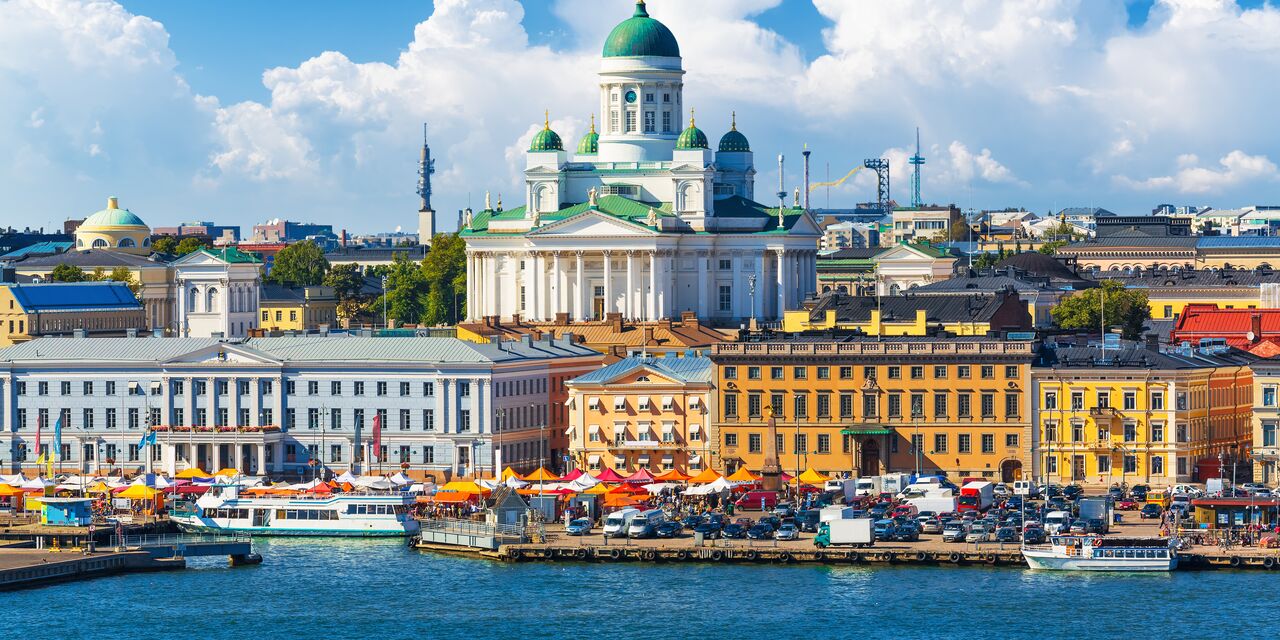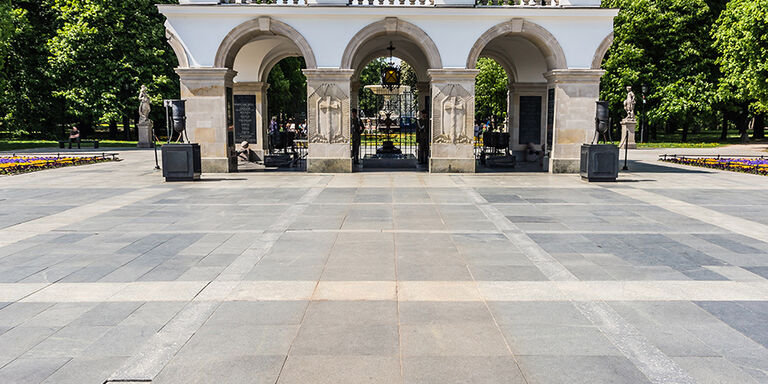
A lonely gallery
The monument is located in the gallery which once connected the 2 symmetrical wings of the Saxon Palace. This used to be one of the city’s most prominent buildings, but at the end of World War II the German Wehrmacht almost completely destroyed it in a retaliatory action. While there are still plans to restore the entire palace to its former glory – just like other parts of the city that had been destroyed in the war – for now the work has been limited to the gallery that houses the tomb. The monument was reopened on 8 May 1946. At that time the urns with fresh soil from 24 recent battlefields were added.

An initiative of the people
In 1923, a group of residents laid a stone slab outside the Saxon Palace to remember the nameless soldiers who had died in World War I and in the subsequent Polish-Soviet War (1919-1921). This was part of a 'trend': after the end of World War I in 1918, for the first time in world history, monuments began to emerge everywhere in honour of the Unknown Soldier. The initiative resonated with General Władysław Sikorski, who made sure that in the next 2 years a careful plan was devised to create a monument that would be part of the Palace. The monument was inaugurated on 2 November 1925: the coffin with the body of the chosen unknown soldier was first brought to St. John's Cathedral for a funeral mass. Then he was buried at the monument.

